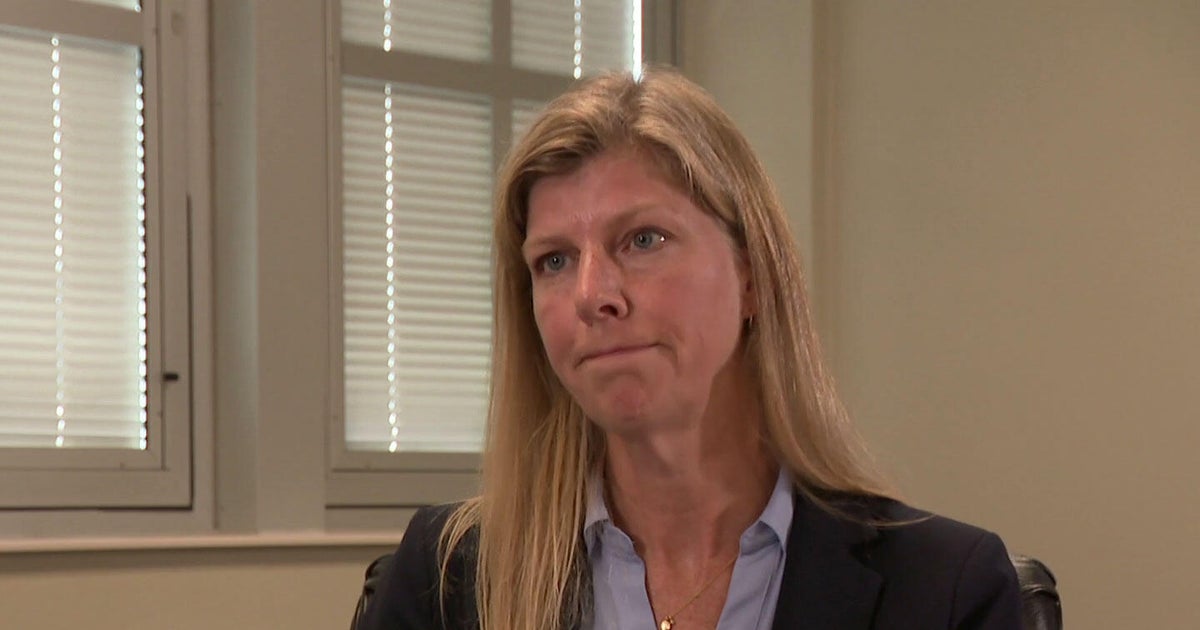Hospitals Seek Exemption from New $100,000 H-1B Visa Fee Amid Staff Shortages
The new $100,000 H-1B visa fee presents a significant financial hurdle for U.S. hospitals relying on foreign medical professionals, potentially exacerbating healthcare staffing shortages.
Subscribe to our newsletter and stay informed about latest H1B news, policy updates and and other developments.
Article Summary
The Trump administration announced a new $100,000 H-1B visa fee for new applicants living abroad, intended to incentivize hiring American workers. Hospitals nationwide, facing shortages of medical professionals, are urging the administration for an exemption, citing an inability to afford the new fee and potential service reductions, particularly in rural areas. The American Hospital Association has formally requested exemptions for healthcare personnel, while the Department of Homeland Security has not commented on the letter.
Original Article: cbsnews.com
[ Sentiment: negative | Tone: factual ]
This summary and analysis were generated by TheNewsPublisher's editorial AI. This content is for informational purposes only; it does not constitute legal or immigration advice.
[ Sentiment: negative | Tone: factual ]
This summary and analysis were generated by TheNewsPublisher's editorial AI. This content is for informational purposes only; it does not constitute legal or immigration advice.
TNP AI: Key Insights
This reported policy change, specifically the proposed $100,000 fee, represents an unprecedented financial barrier for U.S. employers, particularly hospitals, seeking to hire skilled foreign professionals via the H-1B visa. If implemented as described, it could severely impact the ability of healthcare providers, especially those in rural or underserved communities, to address critical staffing shortages, potentially leading to reduced services and compromised patient care.
H-1B visa fees typically comprise several components (e.g., base fee, ACWIA fee, fraud prevention fee) that generally total a few thousand dollars, sometimes reaching up to $10,000-$15,000 with premium processing. A direct $100,000 fee, as described, would be a dramatic increase, effectively pricing many employers out of the H-1B program. While the administration's stated goal is to prioritize American workers, such a high cost could inadvertently harm sectors with genuine talent gaps, forcing them to either scale back operations or compete globally for talent with significantly higher recruitment costs. The clarification that the fee applies to new applicants abroad suggests an attempt to manage the influx of new talent, but its impact on future talent pipelines for critical industries remains substantial.
The article highlights calls for exemptions from the American Hospital Association, underscoring the immediate concern within the healthcare sector. Given the significant implications, stakeholders should closely monitor any official clarifications from the Department of Homeland Security or the White House regarding the specific nature of this fee, the official proclamation or rule establishing it, and the process for applying for exemptions.





